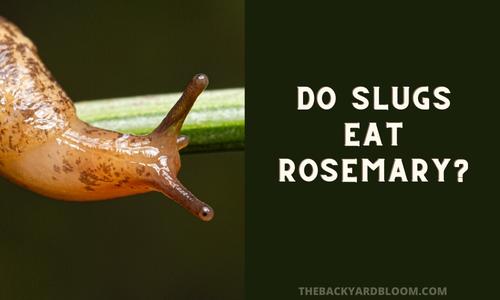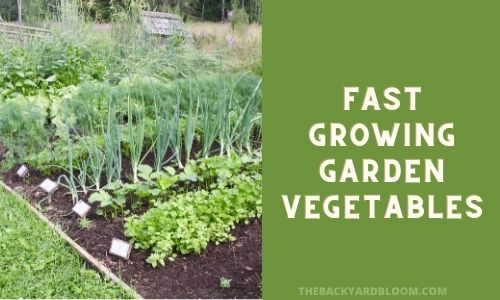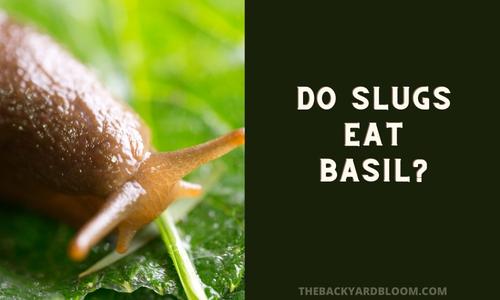You have been told to give your plants “food”. And you have probably also been told to fertilize your plants. So do you need to do both? Is plant food and fertilizer the same thing or two different things that you need to use for your plants?
In this article, we go over what the difference is between plant food and fertilizer. This way you don’t have to be confused between the two and give your plants what they need.
What Is Fertilizer?
Fertilizer for plants is a combo of macronutrients and micronutrients.
These nutrients help revitalize soil so the nutrients are there for the plants to be able to uptake from the soil and use.
Plants need nutrients such as nitrogen, phosphorous, and potassium. Or N-P-K, this is the ratio that you see on fertilizers. This is sometimes referred to as “The Big Three” for nutrients that plants need.
Fertilizers can also contain other nutrients such as calcium, manganese, iron, and more.
It is important that you get a fertilizer that has more than just the three nutrients nitrogen, phosphorous, and potassium.
If you use a fertilizer with only these nutrients and don’t supplement the other nutrients and minerals then your plant will not get the nutrition that it needs.
Micronutrients and Macronutrients Plants Need
- Nitrogen
- Phosphorus
- Potassium
- Boron
- Calcium
- Chlorine
- Cobalt
- Copper
- Iron
- Magnesium
- Manganese
- Molybdenum
- Sulfur
- Zinc
How Nutrients and Minerals in Fertilizers Help Plants
Nitrogen helps plants with growing more foliage.
Phosphorus helps plants with photosynthesis and converting nutrients into building blocks.
Potassium helps with the movement of water, nutrients, and carbohydrates within the plant itself.
Boron is needed for the plant to be able to use and regulate other nutrients in the plant. It is also an aid for producing carbohydrates within the plant.
Calcium is needed for the strength of the plant itself and also to provide transportation of other nutrients and help retain them.
Chlorine is essential for the photosynthesis process and also helps aid the metabolic process of the plant.
Cobalt is needed for nitrogen fixation.
Copper is an aid in root metabolism along with aiding in utilizing proteins.
Iron is a mineral that is needed for photosynthesis and the formation of chlorophyll.
Magnesium is essential for photosynthesis in plants. It is also used to activate enzymes that are needed for growth.
Manganese is used in breaking down carbohydrates and nitrogen within the plant.
Molybdenum aids in the use of nitrogen in the plant.
Sulfur is needed in the production of protein and in vitamin and enzyme activity. It is also used to help form chlorophyll and grow roots.
Zinc is needed for the plant to metabolize carbohydrates and sugars correctly.
What Is Plant Food?
Plant food is actually a naturally occurring process that is done by the plant itself.
Plants create their own “plant food.”
Once you use fertilizer and the nutrients from the fertilizer are in the soil the plant then takes these nutrients and combines them with other nutrients that it gets from the air, water, and light.
Plants get carbon dioxide from the air through their leaves.
Light comes from whatever light source you are using, be that the sun or a grow light that you use.
Water is moved up through the roots of the plant. As the plant uptakes water it also brings sugar, minerals, and nutrients from the soil.
All of these are needed for the plant to complete the photosynthesis and maintain the plant.
So when you add the fertilizer you are giving the plant the essential things that it needs to create its food.
As you can see, those products labeled Plant Food are a bit misleading.
Any plant food that you buy in the store is actually fertilizer because it is the nutrients and minerals that need to be added to the soil in order for the plant to make food.
What Is The Difference Between Plant Food and Fertilizer?
The terms plant food and plant fertilizer are often used interchangeably by companies marketing these products.
The difference between the two is that plant food is made by the plant itself.
Fertilizer is a commercial product that is added to the soil in order for the plant to have what it needs to live, grow, and thrive.
Frequently Asked Questions About Plant Food and Plant Fertilizer
Can You Use Plant Food Instead of Fertilizer?
Yes, you can use what is labeled as plant food instead of fertilizer. Even though companies call these products “plant food” they are in fact plant fertilizers.
How Often Should Plants Get Fertilizer?
Generally with indoor plants having a fertilizing schedule of once every three months is best. There are some individual plants that might need this more often or less often.
It’s best to check a care guide for your indoor plant to see what fertilizer schedule is best for its individual needs.
Outdoor plants that are heavy feeders such as fruit trees, berries, and garden vegetables all have a more intense fertilizer schedule. For these, it depends on the type of fertilizer and the type of plant. Some recommend every week or two, other slower releasing fertilizers for outdoors only need to be given every month or two.
If you just have landscape greenery such as shrubs and trees, these don’t need fertilizer unless you are seeing indications of stress and nutrient deficiencies.
Should You Use Organic or Chemical Fertilizer?
Plants aren’t that picky when it comes to whether or not their fertilizer is organic or not.
However, we humans are a bit pickier.
Choosing organic or regular commercial fertilizer is a personal preference.
If you prefer to choose a fertilizer that doesn’t have a long manufacturing process then organic is best.
Another reason some people prefer organic fertilizer, especially for gardens, is due to digestive sensitivities.
Organic fertilizer can be more costly and take more time to work.
If you are currently facing a nutrient deficiency in your plant that needs correcting right away then organic is not the best option for fertilizer.
On the other hand, regular commercial fertilizer can have a risk of burning your plants if you use too much and it doesn’t improve the soil quality like an organic fertilizer will.
The most important thing to remember when choosing a fertilizer for your outdoor or indoor plants is to make sure you don’t pick a lawn fertilizer. These contain too much nitrogen and also have chemicals that can harm other vegetation that is not grass.
Do Plants Need Fertilizer or Food?
Plants need to be fertilized in order to be able to make plant food.
Without the proper nutrients added to the soil with fertilizer they cannot produce enough food to grow properly and thrive.
What Happens If You Don’t Use Fertilizer?
Plants that are not fertilized can suffer from nutritional deficiencies that can lead to an inability to create the food that it needs and grow.
Malnourishment of your plant can lead to things like pest infestations and are more susceptible to diseases.
Plants not being fertilized will also not look as good as fertilized plants because fertilized plants are healthier and able to produce the foliage and blooms they need.
Do Plants Grow Better With or Without Fertilizer
Plants that are fertilized will grow better than a plant that is not fertilized.
Without fertilizer, a plant cannot get the essential macro and micronutrients that it needs to complete photosynthesis or regulate its metabolism.
Also without fertilizer, a plant can become so malnourished that it will be the target of common plant pests and disease since it is not able to stay healthy.


